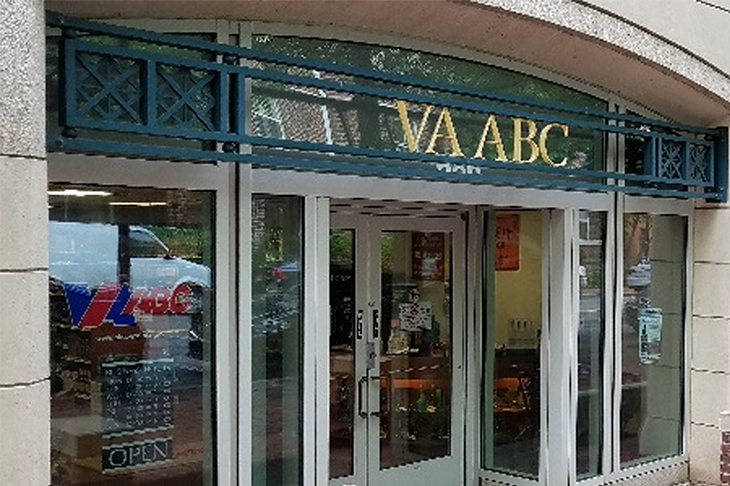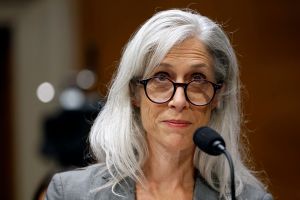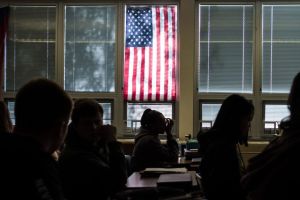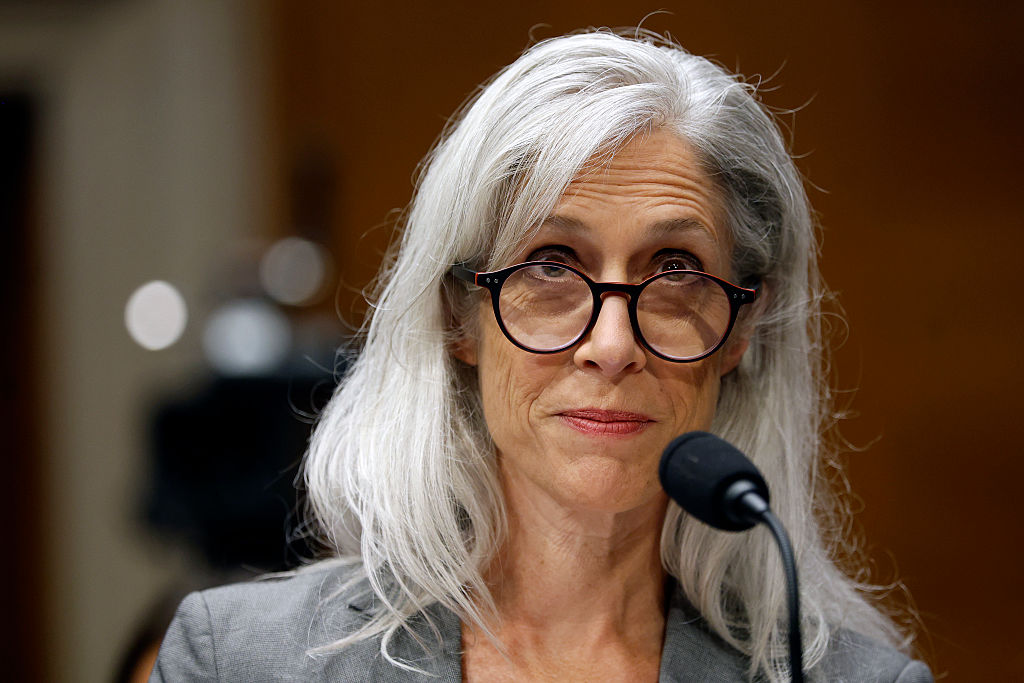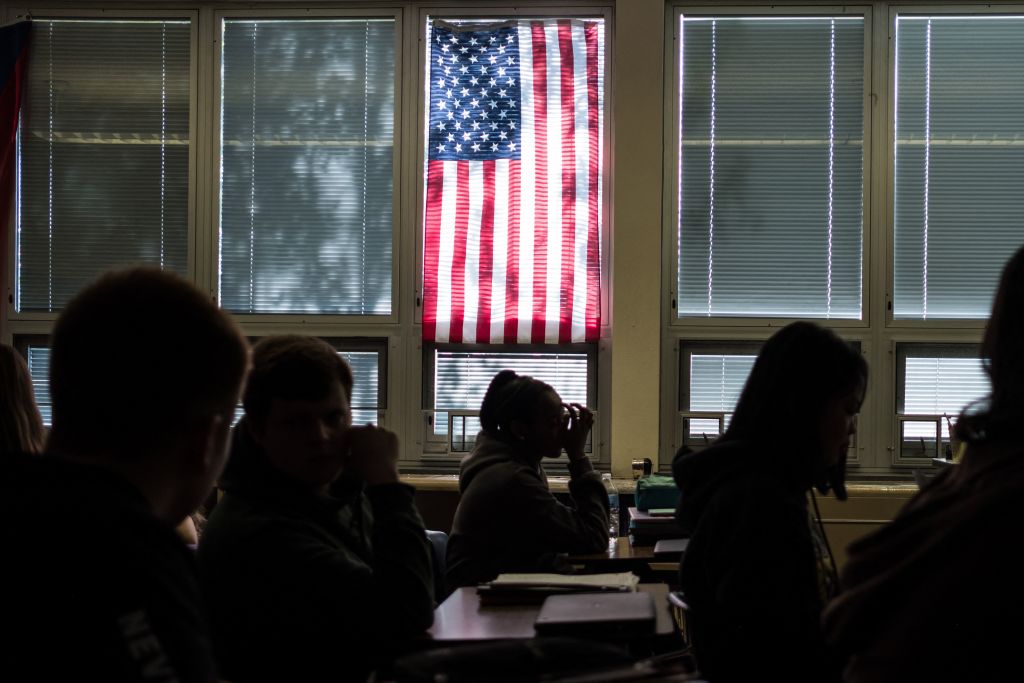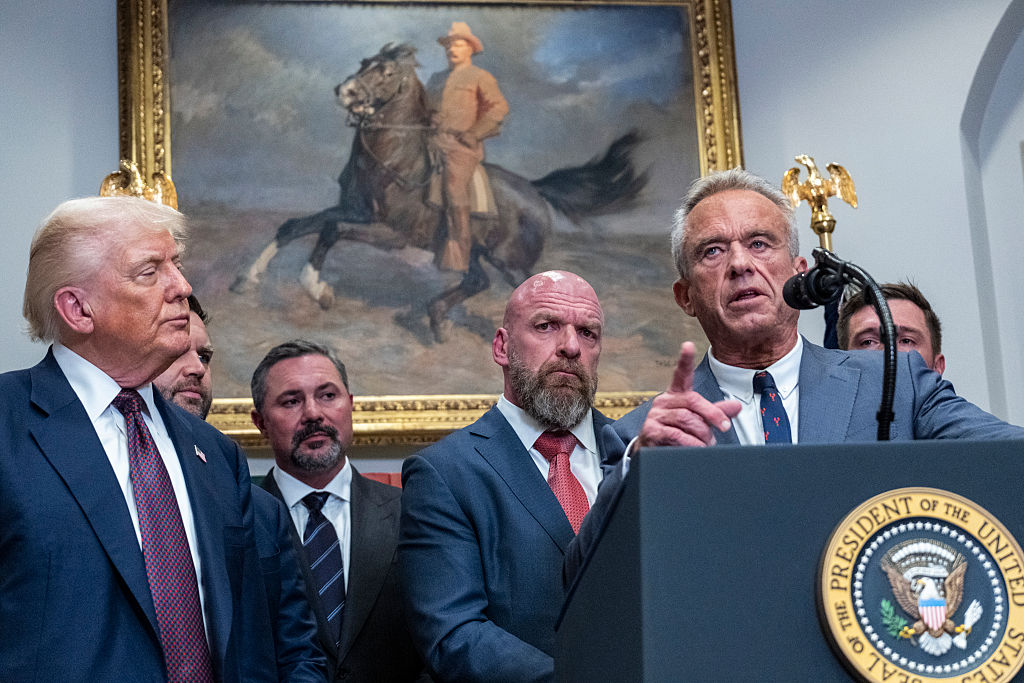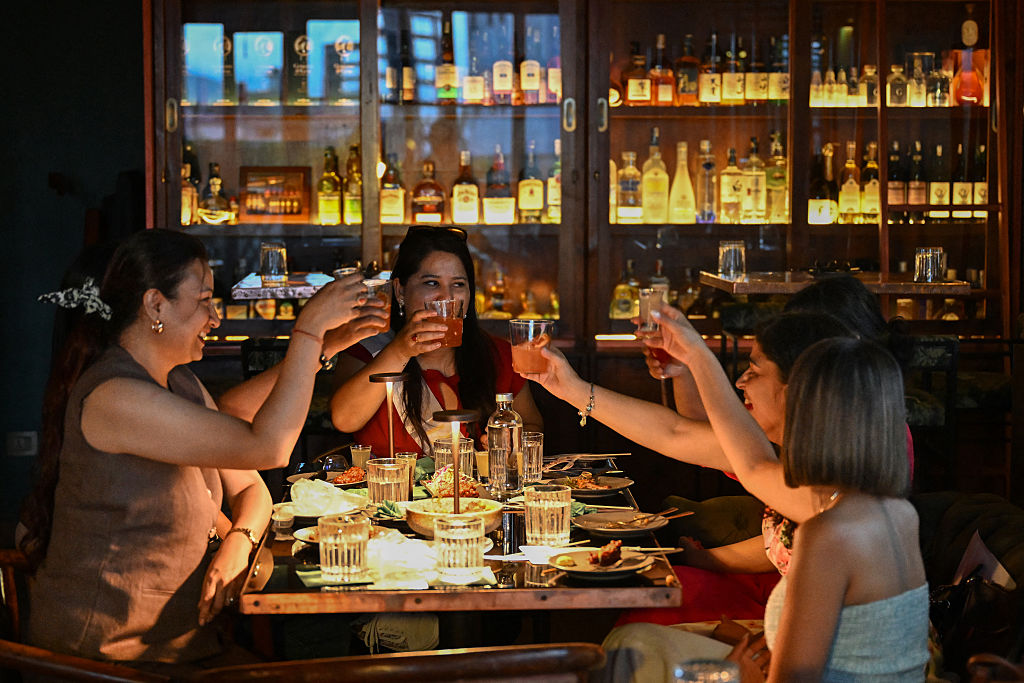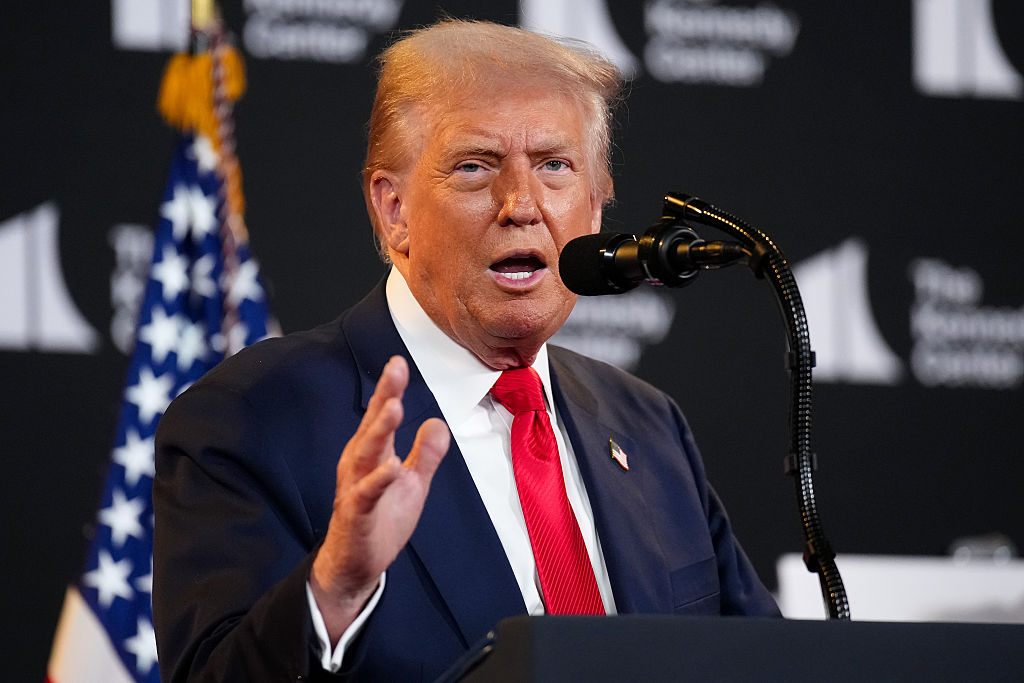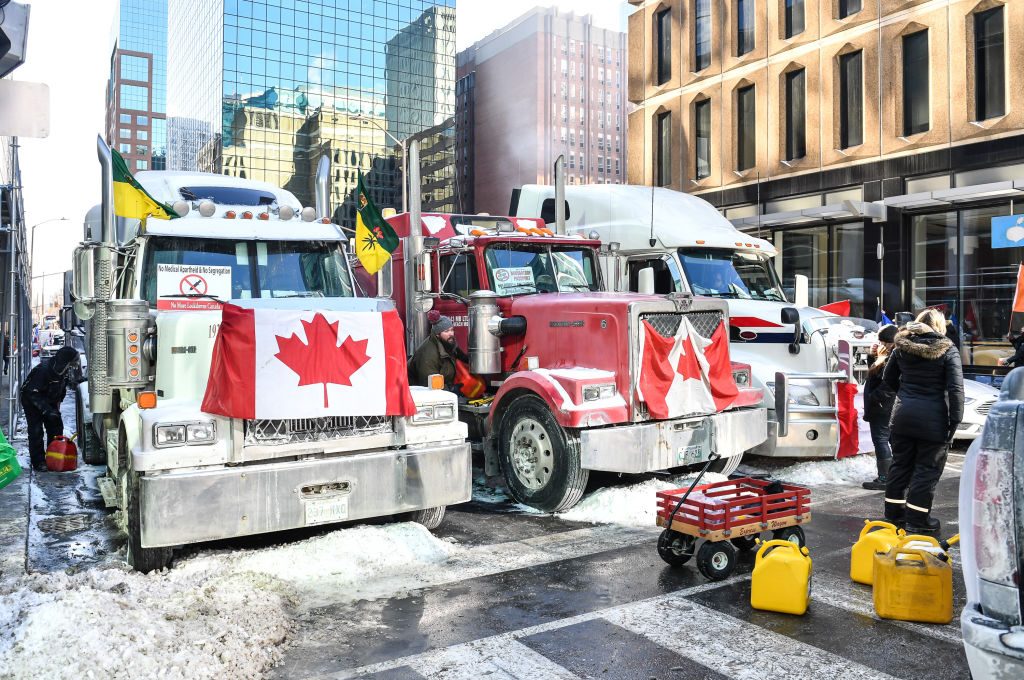It’s been one day since Northern Virginia closed its liquor stores and already civilization has collapsed. Fires burn on the horizon as the cry of the sober mob reverberates through the streets. People nail boards over their windows and spray paint ‘NO VODKA’ on them. Yuppies have descended into the underground Metro stations, where rumor is they’ve become something less than human. Harvesters, we call them, and last night they came for my friend Bone Saw…
That, of course, is not what’s happened in Virginia since the state ordered the temporary closing of some liquor stores last week. Life in the quarantined DC suburbs has mostly continued as usual. Northern Virginians still post Instagram selfies at an alarming rate; their battalions of gerbil-sized dogs are out in full force. Nonetheless the order has raised questions about alcohol consumption in a time of crisis. Just how far into your whiskey cabinet will the wagging finger of the government extend?
Here in Alexandria, my local liquor store was among those shuttered, though I was mercifully able to stock up in advance. I have about two fingers’ worth each of Elijah Craig 1789 and Basil Hayden bourbon, as well as half a handle of Johnny Walker Black and some Glenlivet 12 that my wife got me for my birthday. That inventory is a bit Scotch-heavy for my tastes, but all in all, not bad. There’s also Bailey’s for the missus and a bottle of tequila in case things get truly apocalyptic. (I recently took a shot of the stuff for the first time in years, and dear Lord. It’s more than ever like getting clocked in the head with a slab of concrete.)
Virginia has a senselessly complex alcohol sales regime that ironically is now saving us from going dry. Laws here dictate that in order to buy liquor, you have to venture to a gray-painted government-owned shop painstakingly arranged to make a middle-management office in the old Soviet Union look like a tulip garden by comparison. Yet beer and wine you can purchase at the grocery store, the pharmacy, the post office probably. So there are always the suds and grapes if you can’t get the strong stuff. I grew up in regulation-addicted Connecticut and remember being amazed when I moved down here and saw a beer cooler in a CVS. America’s colorful and occasionally aggravating patchwork of alcohol laws is one of our federalist system’s more interesting manifestations.
So all things considered, I think Northern Virginia will be OK. Still, to close liquor stores even temporarily is to dovetail into a minor if global trend towards prohibition. Thailand, South Africa, and Greenland have all banned alcohol sales until after the coronavirus passes. And in the Boston Globe, Dr Peter B. Bach has recommended a similar policy in the United States. He notes that domestic violence has spiked since the quarantines began and advocates that the government respond by prohibiting all sales of alcohol.
The good doctor is apparently a stranger to the scalpel. Of course, he has no way of knowing how many of the current home violence episodes are related to alcohol and how many are just a consequence of families being forced together. But no matter, he says, best to be safe and ban it anyway. As for alcoholics who will spiral into possibly life-threatening withdrawals if they can’t drink their nectar, Bach waves them away. ‘Doctors will need to be on the lookout for them,’ he avers. It’s not like physicians have anything better to do right now. Bach likewise dismisses the plight of liquor store owners and employees who would be forced out of work under his plan. Enforcement ‘will come at some cost,’ he admits, but it’s still worth it.
Bach is hardly alone on the neo-prohibitionist beat. Researchers are shifting their thinking about alcohol, revising their old conclusions that one or two drinks per day are harmless, even healthy. The new consensus is that no amount of booze is good for you, and that’s led our glowering latter-day Carrie Nations, normally radioactive in a country that tried prohibition and failed, to think they’re having a moment. And they just might be. The coronavirus has elevated public health above all other values, subordinating quaint notions like individual freedom. And alcohol is indeed not healthy — neither for that matter are cigarettes, cheeseburgers, Vanilla Cokes, venti lattes, automobiles, chainsaws, propane tanks and above-ground pools. There is a good deal out there that’s capable of killing us, which is why the public health ethos so easily turns totalitarian.
The good news is that we don’t know nearly as much as we think we do. The FDA’s U-turn in the trans fats versus animal fats debate should be enough to put the anti-alcohol absolutism to bed. Far better advice is the quote scrawled on the wall of every Irish pub, usually attributed to Oscar Wilde: ‘Everything in moderation, including moderation.’ Regardless of whether wine is good for your heart, it’s good for you in general. It soothes after a long day, eases the eternal struggle against boredom, draws a crucial line between work and play. Such benefits are gloriously invisible to our dreary dataheads, but not too many Americans. That’s why alcohol sales are up since the coronavirus hit: people are pouring an extra glass at dinner and letting their minds drift.
Now we just need to reopen the apothecaries in Northern Virginia. Thankfully, even in the home of big government, it’s still plenty possible to tipple.



